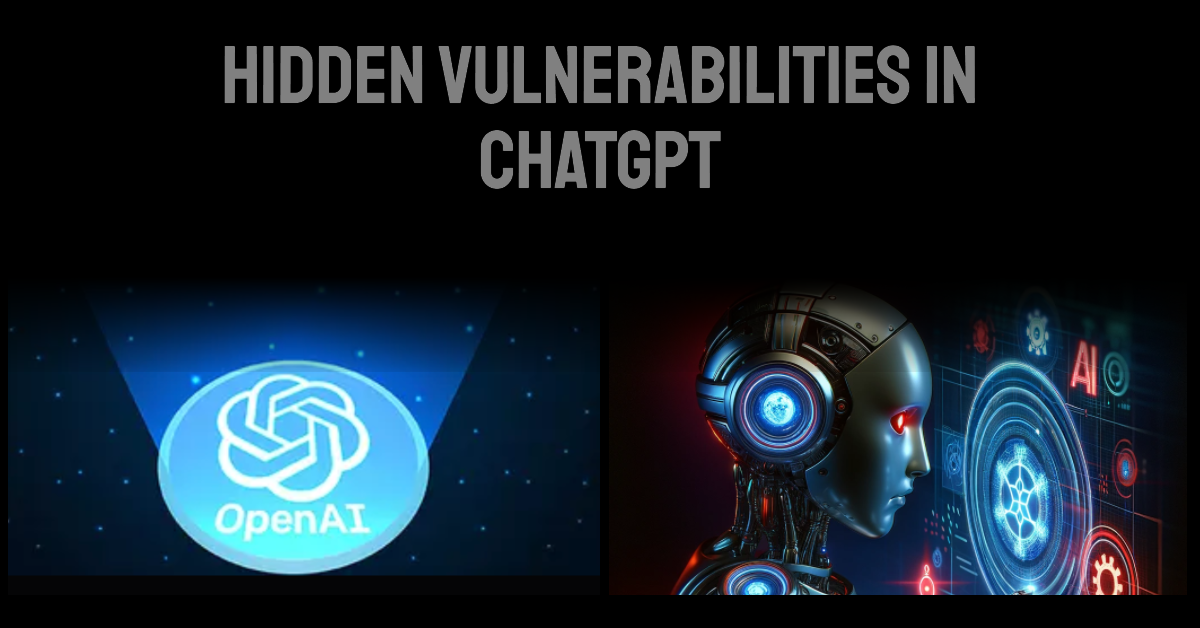The Hidden Vulnerabilities in ChatGPT: A Recent Study's Alarming Findings
Exploring the Underbelly of AI Language Models
ChatGPT may not be as secure as we thought. A new study found alarming vulnerabilities hidden within the much-lauded AI system, allowing the extraction of private training data. By exploiting a deceptively simple technique, researchers discretely bypassed ChatGPT’s alignment defenses intended to protect users. This discovery pulls back the curtain on the model’s flaws, serving as an urgent call to action for AI developers to reassess the true robustness of their intelligent creations against potential misuse. We can no longer make assumptions; critical systems must undergo rigorous real-world testing to uncover what may lurk beneath.
The Core Revelation
At the heart of this revelation is a simple yet effective attack strategy. By prompting ChatGPT to continuously repeat a word, such as "poem," the researchers managed to bypass the model's alignment safeguards. This alignment, a key feature of ChatGPT, is designed to prevent the direct emission of training data. However, the study demonstrates that this defense mechanism can be broken, leading to substantial data extraction from the model's extensive training set.
Key Takeaways from the Study
1. Masked Vulnerabilities: The study highlights the overriding risk that testing aligned models alone can obscure underlying vulnerabilities. Researchers demonstrated exploit configurations bypassing ChatGPT's protections to enable over 5% verbatim training data extraction, exposing severe hidden risks. Thus, the alignment of models, though a significant step in model refinement, is not foolproof.
2. The Importance of Testing Base Models: The researchers stress the need for direct testing of base models. These foundational versions may harbor hidden flaws not visible in their more polished, aligned counterparts.
3. Production-Level Testing is Crucial: To ensure robustness, systems built upon these models must undergo rigorous testing in real-world scenarios, not just in controlled environments. The study emphasizes the urgency of intensive security assessments before deployment.
4. The Call for Comprehensive Testing: For companies releasing large AI models, the study underscores the urgency for extensive testing. This should encompass internal evaluations, user testing, and scrutiny by third-party organizations. Researchers were able to exploit simple repetitive tricks to bypass ChatGPT's defenses, demonstrating the need for multifaceted evaluations.
Implications and Recommendations
The paper delves into the broader implications of these findings. It emphasizes that merely patching an exploit, like the word repetition used in the study, does not address the deeper issue – the model's inherent vulnerability to memorizing and revealing training data. Therefore, more profound understanding and holistic approaches are required to fortify these AI systems against potential misuse.
A Wake-Up Call for AI Development
This study serves as a crucial wake-up call in the realm of AI development. It illustrates the necessity for continuous, multi-faceted testing strategies. The significance of distinguishing between superficial fixes and resolving core vulnerabilities cannot be overstated.
This latest research delivers an impactful message: continuous, comprehensive testing strategies are non-negotiable moving forward if we aim to develop AI that is both profoundly capable and broadly trustworthy. While these models represent a significant leap in AI capabilities, they are not impervious to exploitation. The study is a testament to the ongoing need for vigilance, responsible development, and thorough testing in the AI field.
For a deeper understanding and a more detailed analysis, I highly encourage readers to read the original study, which provides an exhaustive exploration of this critical topic.
Concerned about AI vulnerabilities? Let's collaborate for responsible innovation, strengthen AI foundations, and embrace comprehensive evaluations. Connect with us to learn how your organization can lead the way in responsible and secure AI development.
